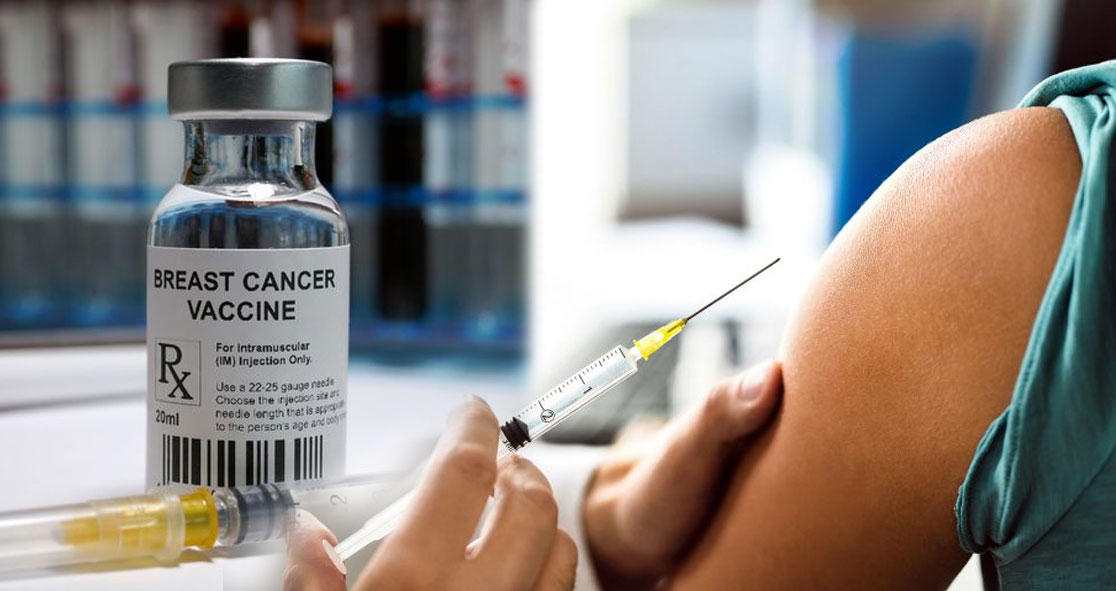Breast cancer is one of the most common types of cancer in women. In the United States alone, nearly 300,000 people will be diagnosed with breast cancer. But what if it could be prevented altogether?
Eradicating breast cancer has been one of the goals of many researchers. Now a promising new breast cancer vaccine, which has taken 10 years to develop, could help in achieving that goal.
Dr. Vincent Tuohy, Cleveland Clinic physician and immunologist, invented and developed the groundbreaking vaccine.
He said, “We know enough about the immune system now to try these things. We have the ability, but we’re on snail pace. We need to be on warp speed pace.”
Cleveland Clinic is teaming up with Anixa Biosciences, a California-based biotechnology company that develops vaccines and therapies focused on critical unmet needs in oncology and infectious disease.
The new breast cancer vaccine works by immunizing against a protein expressed in the mammary glands of women, “during the latter part of gestation and during lactation.” That protein is often a precursor to cancer.
Dr. Amit Kumar, President and CEO of Anixa, said, “It’s not absolutely clear why, but it starts being made again and we simply have to teach the immune system to destroy the cells making that protein. Because those are cancer cells.”
Animal studies have shown that 100% of mice that did not receive the vaccine developed breast cancer and died.
The vaccine’s focus is on preventing triple-negative breast cancer, one of the most lethal. However, the vaccine is expected to prevent other forms of cancer, including ovarian cancer.
Dr. Tuohy said, “So we envision a 21st century vaccine program here at the Cleveland Clinic that prevents diseases that we confront with age that we think are completely preventable.”
“We think breast cancer, ovarian cancer perhaps prostate cancer are all preventable diseases and that’s why we want to bring our vaccine program up to the 21st century,” he added.
Recently, the U.S. Food and Drug Administration (FDA) has granted permission to Cleveland Clinic to go ahead with the vaccine trial in humans, which is expected to begin in 2021. The news was published in My High Plains.





















